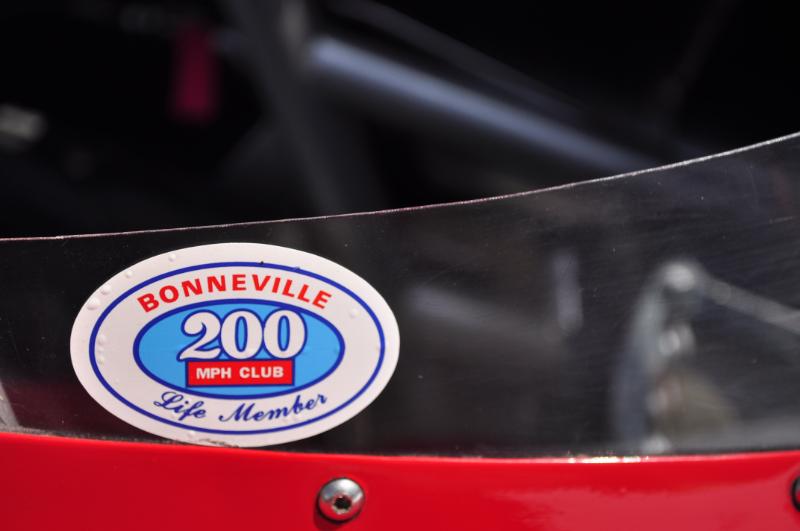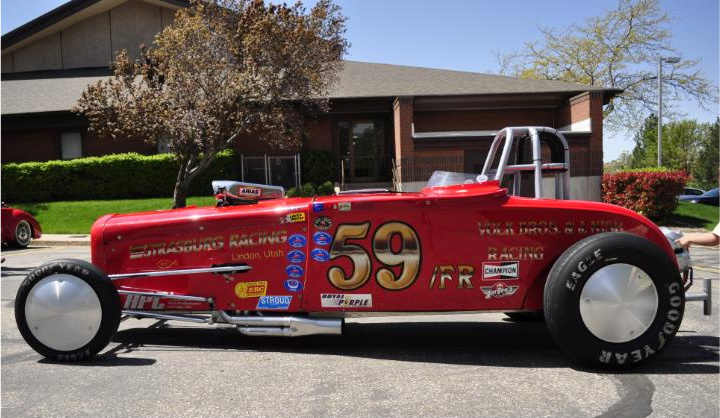200 mph Spark Plug Tech
Everything you never wanted to know about Spark Plugs
There’s alot of info about spark plugs out there, the key is knowing who to trust! I’ve always relied on good’ole Pops to tell me what’s what and after a little while I caught on. For a crash course (bad pun), look to Dallas Volk. Dallas is one of many-a-Volk who has a much sought after “red hat” meaning they’ve set a record over 200 mph at Bonneville an are life members of the 200 mph club. I want one. Do check out this tech about plugs and add your experience if you’d like, in a comment down below.
Why Change your spark plugs?
Replacing worn out spark plugs with new ones is important to restore engine power and efficiency by reducing misfires and burning more of the fuel in the cylinder. That extra efficiency can improve your fuel economy and as a bonus emissions are reduced.
Choosing a plug:
The first thing you want to look at when choosing a plug is your needs for your application. Plugs can range in price from $1.50 a plug for basic copper electrode plugs, to close to $100.00 a plug for high performance hand made racing plugs.
So look for what you want to get out of your plug. A cheep copper electrode plug is OK if you’re just looking to get through emissions so you can sell you car, but the plugs won’t last long. For your daily driver you may want to look at a long lasting precious metal plug that will last a long time, burn fuel more evenly and help prevent fouling. If you have a boat you may want to look at a stainless steel electrode that resists rusting.
Precious Metal Electrodes:
Gold Palladium Electrode: Gold is soft so it is mixed with palladium to add strength.
Pros: Excellent conductor for good spark and less misfires, used to make finer wire electrodes that require less voltage to spark, lower in cost than other precious metals.
Cons: being a soft metal this electrode will melt away faster than other precious metal electrodes.
Platinum Electrode:
Pros: Long life, performance, high melting point. Probably the best all purpose plug for the money.
Cons: More expensive than copper or gold palladium, Not recommended for vehicles that use N20 injection.
Iridium Electrode:
Pros: 8 times stronger then platinum with over 1000 deg. F higher melting point. Due to its strength, super fine wire electrodes can also be manufactured.
Cons: More expensive than Platinum, center electrode can be made so fine that it can break when gapping the plug.

Plug Gap and Heat Range:
Gap: gap is the distance between the ground electrode and center electrode. It is important to gap the plugs as recommended. Too little or too much gap will shorten the life of the spark plug by carbon fouling or melting the electrode. It is important to know that when gapping only adjust the ground electrode. It is easy to damage the center electrode and in the case of Iridium electrodes if the center electrode is damaged it voids the warranty.
Note: Engine modifications will change your gap. Typically you will close your gap more for every +50 HP mod. One exception to this rule is adding higher voltage/amp ignition systems in which case gap will increase.
Heat Range: Spark plug heat range refers to the rate at which the plug can transfer heat from the combustion chamber to the engine head. The optimum combustion chamber temperature for gasoline engines is between 930 – 1560°F (500–850°C). This temperature is cool enough to keep the plug tip from overheating, but hot enough to keep the plug from fouling.
A “cold plug” transfers heat rapidly from the firing tip into the engine head, which keeps the firing tip cooler. A “hot plug” has a much slower rate of heat exchange, which keeps the firing tip hotter. As with gap, changes have to be made for modifications, a rule of thumb is one heat range colder for every 75–100hp you increase. If in doubt is better to err cold than hot.
A quick summary of what to look for in plug and some rules of thumb for gap and heat range.
Do you need more tech on plugs? What questions do you have? Let us know.
Thanks Dallas!








